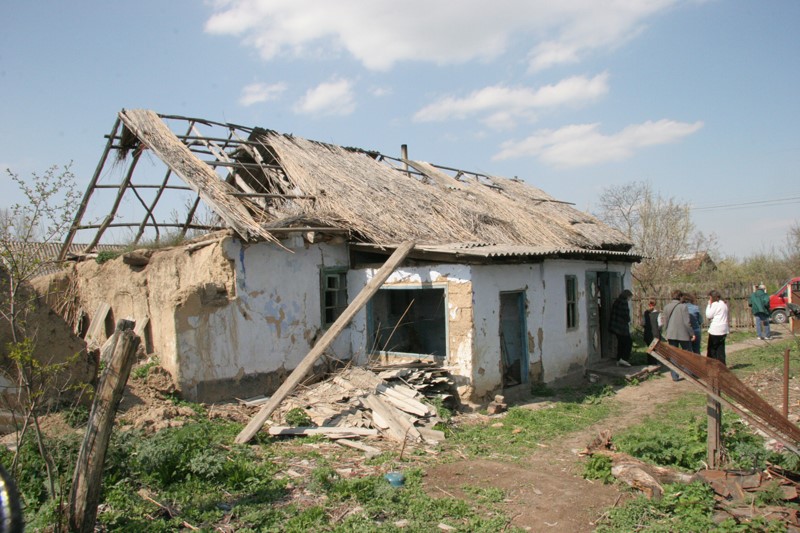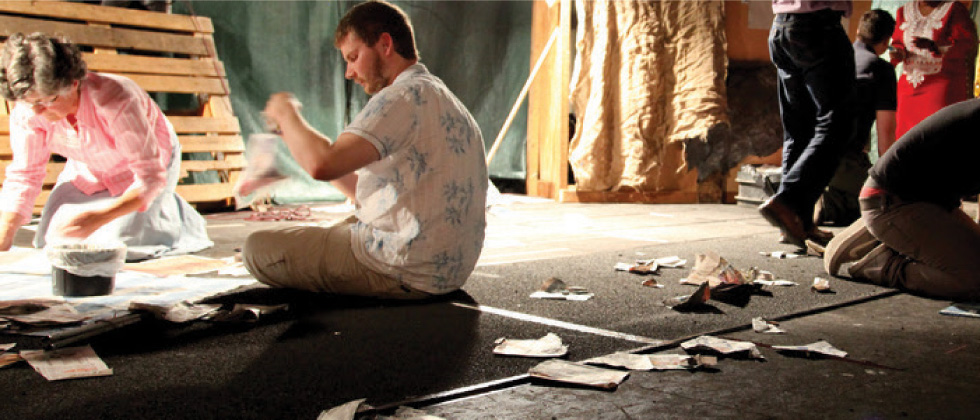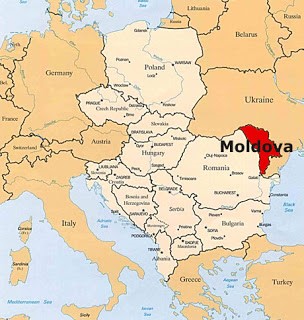WHO IS THIS SHIPMENT HELPING?
More than a century ago, amidst the chaos of the First World War and the Russian revolution, a group of people got together and started to provide for refugees and orphans, the sick and the destitute.
When Moldova regained independence in 1990, a group of locals and expatriates was determined to re-establish this mutual aid and assistance model in the country. What started as providing simple visits to the elderly and disabled has now expanded to establishing community centres, professional home care services, educational programmes, and summer camps.
With the increasing number of vulnerable people left behind as the able-bodied seek work abroad, Crossroads is partnering with this group to expand their reach with a shipment that includes winter clothing and shoes, computers, furniture, electrical appliances, and medical equipment or supplies such as wheelchairs, shower chairs and thermometers.
Help for a brother and sister
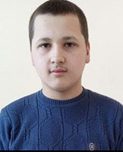
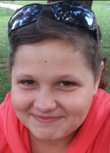
When Tatiana and Alexander’s father died, the siblings were starting middle school. During this difficult time, their mother went to western Europe to work, leaving the children to fend for themselves in a “house” with a broken roof and floor, no glass in the windows, no indoor plumbing, and no heating for winters.
Crossroads’ partners reached out to them. Volunteers fixed up the house, installed proper plumbing, heating and decent furniture. They also supported the children’s schooling and provided after-school activities while allowing them to live at home so the building could be utilised properly.
After they finished school, our partners continued to support them through college. Tatiana is now a qualified IT technician while Alexander is a registered electrician.
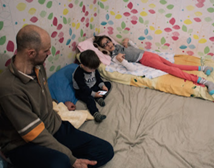
Ivan and Liuda’s daughter was born with cerebral palsy, and their son also had a mobility problem. Liuda herself is one of the ethnic minorities in the country that faced extra difficulties when trying to access the already limited services in Moldova.
Our partners assisted the family with medical expenses, food, clothing, and diapers as well as including the children in outings where they can see more than just the four walls of their room.
The poor can live in rundown dwellings like this. Our partners found children living alone in broken houses, suffering particularly through cold winters.
Shipments like this one, with household goods, medical supplies and educational items, support our partner to improve the lives of the poorest in society.

